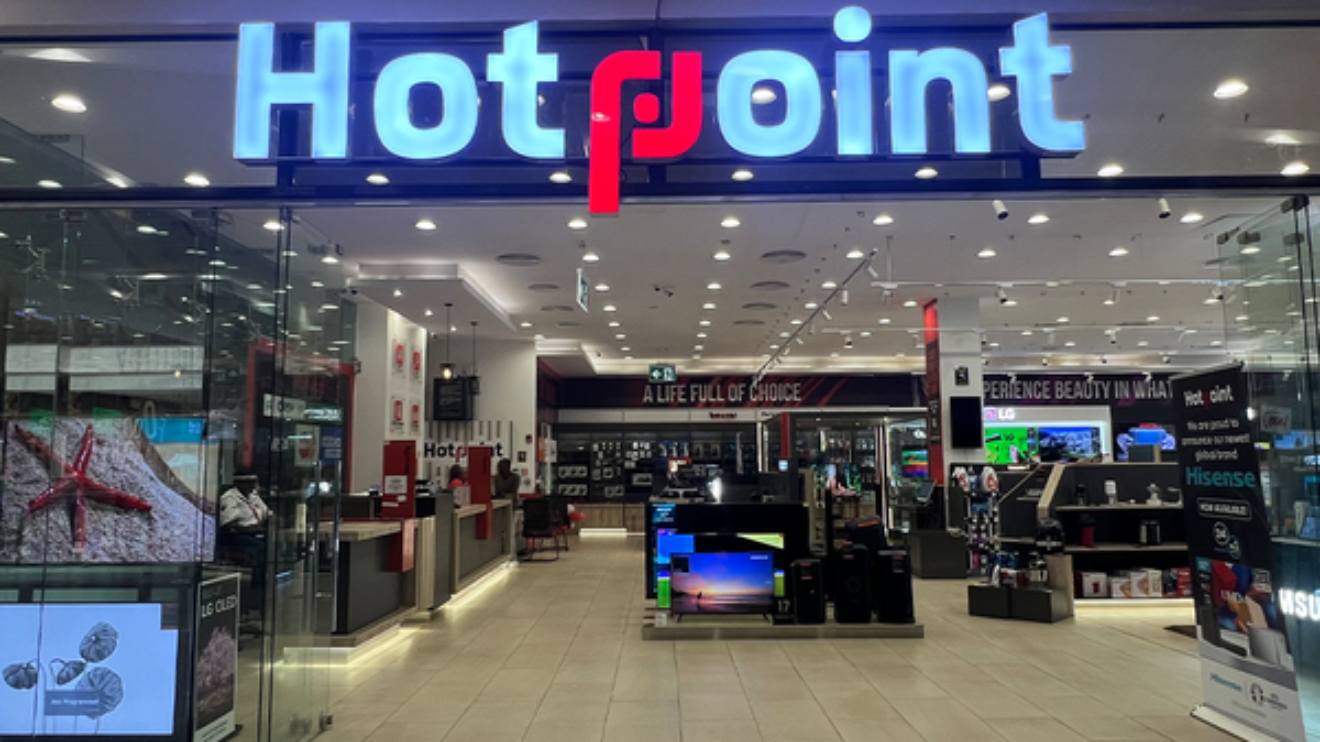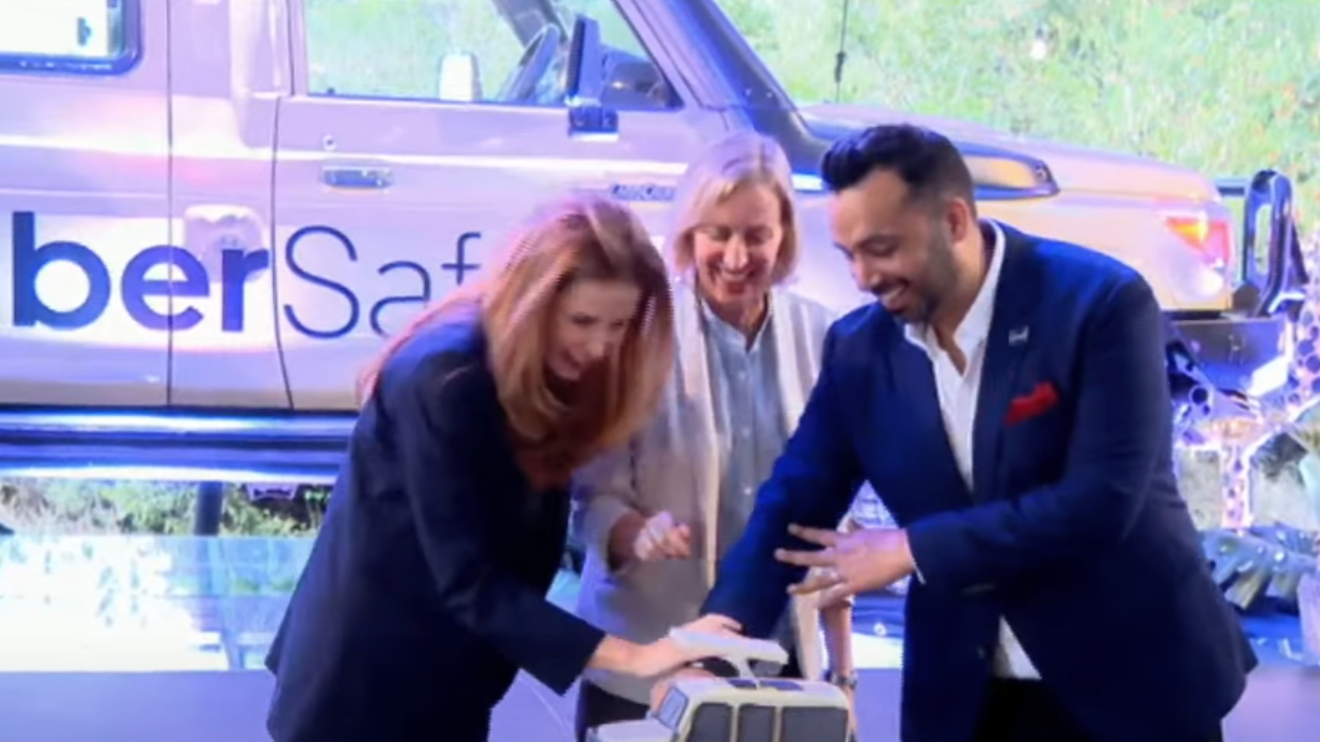The Tax Appeals Tribunal has directed the Kenya Revenue Authority (KRA) to reimburse electronics supplier Hotpoint Limited over Sh54 million in Value Added Tax (VAT) on account of bad debts arising from deliveries to the now-defunct retail giant Nakumatt.
The dispute stemmed from Hotpoint's application for a Sh61.8 million VAT refund for transactions between January 2016 and July 2017.
KRA partially approved Sh6.9 million but rejected the remaining Sh54.8 million.
Hotpoint's Argument:
Hotpoint contended that the VAT Act allows a refund application based on either the buyer's insolvency or the lapse of three years after the supply.
Read More
They argued Nakumatt's insolvency on January 22nd, 2018, fulfilled the criteria under Section 31 (1) of the Act.
KRA's Counterargument:
KRA, on the other hand, interpreted Section 31(1) of the VAT Act differently.
They argued that a refund claim could be filed either under the three-year rule or on insolvency grounds, but Hotpoint's insolvency claim didn't meet the necessary criteria.
While acknowledging the Act permits refunds for bad debts in confirmed legal insolvency cases, KRA argued Nakumatt's debts were still under litigation and lacked a court declaration of legal insolvency.
Tribunal's Ruling:
The Tribunal, chaired by Christine Muga, sided with Hotpoint.
The ruling highlighted that Nakumatt's proven insolvency was sufficient to qualify for the refund under Section 31 (1). The Tribunal further criticized KRA for using extraneous reasons to reject the application.
"In view of the foregoing, the tribunal finds that the respondent (KRA) erred in disallowing the appellant’s refund application," the tribunal ruled.
Impact of the Ruling:
This verdict clarifies the interpretation of Section 31 (1) of the VAT Act.
Businesses supplying goods to insolvent entities can now seek VAT refunds based on insolvency status, not solely relying on the three-year rule.
This offers some financial relief for companies dealing with bad debts arising from insolvent customers.



 shares a light moment with the company's Group CEO Dr Patrick Tumbo (right) at a past event-1758121528.jpeg)
-1758116028.jpeg)



